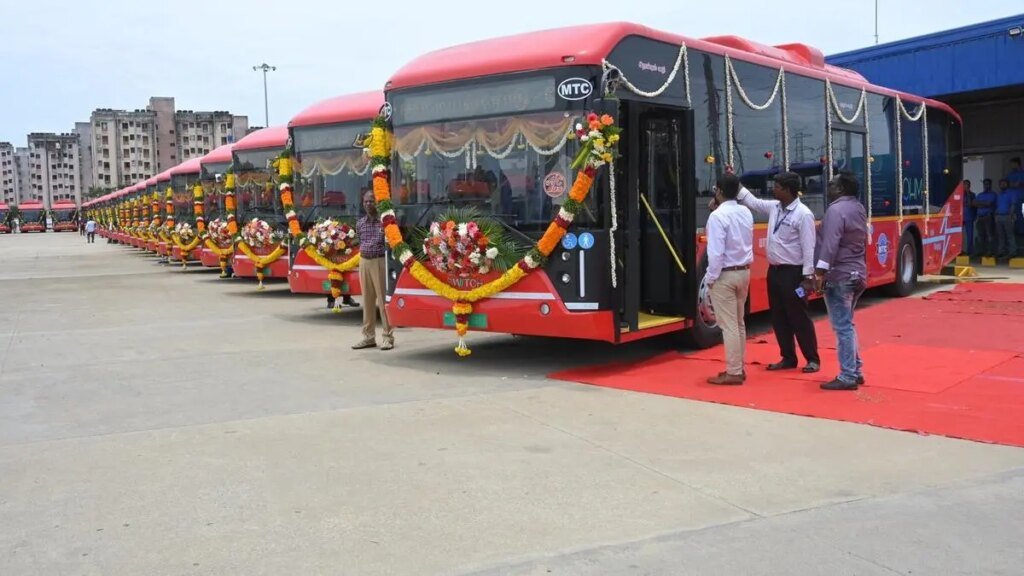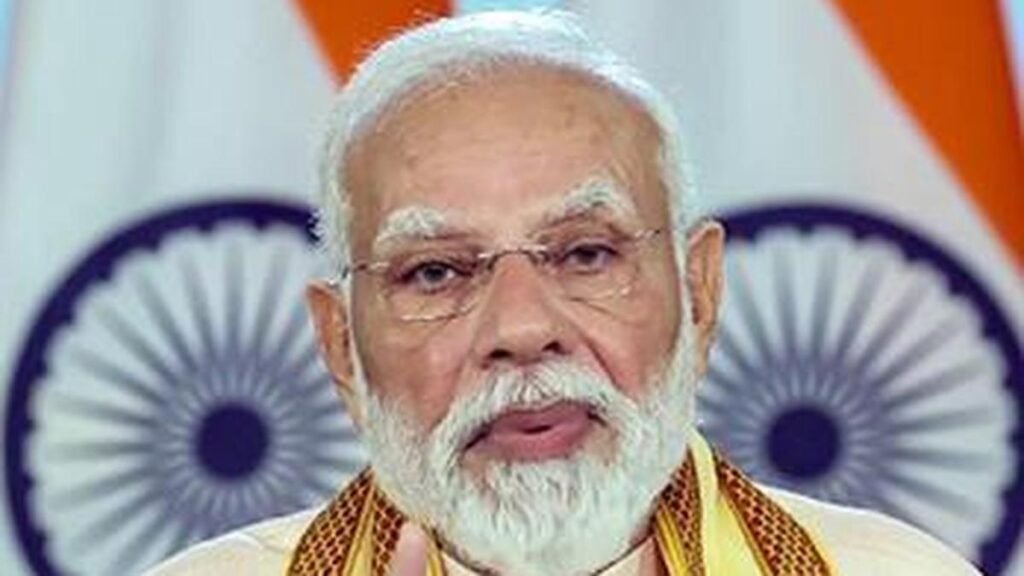Supply chain challenges could cost airlines more than $11 billion in 2025, says IATA

Indian carriers too have borne the brunt of supply chain issues forcing them to ground aircraft and opt for higher cost wet leases
Airlines could spend an extra $11 billion in fuel and maintenance expenses due to ongoing supply chain challenges, International Air Transport Association (IATA) has said in its latest global study.
“Airlines depend on a reliable supply chain to operate and grow their fleets efficiently. Now we have unprecedented waits for aircraft, engines and parts and unpredictable delivery schedules. Together these have sent costs spiralling by at least $11 billion for this year and limited the ability of airlines to meet consumer demand,” IATA’s director general Willie Walsh said.
Historic high
The worldwide commercial aircraft backlog reached a historic high of more than 17,000 aircraft in 2024, significantly higher than the 2010 to 2019 backlog of around 13,000 aircraft per year resulting in higher costs for airlines around the world.
Indian carriers too have borne the brunt of supply chain issues forcing them to ground aircraft and opt for higher cost wet leases in case of IndiGo. Akasa Air too was impacted due to slower deliveries of its Boeing 737 Max aircraft but now there is an improvement.
The study which was done jointly by IATA and managing consulting firm Oliver Wyman shows that higher expenses will be on account of excess fuel costs ($4.2 billion), additional maintenance costs ($3.1 billion), increased engine leasing costs ($2.6 billion) and surplus inventory holding costs ($1.4 billion).
Greater choice
IATA suggests the aerospace industry could consider opening the aftermarket as it would help by giving airlines greater choice and access to parts and service. The industry could also enhance supply chain visibility, unlock value from data and expand repair and parts capacity.
“We see an opportunity to catalyse an improvement in supply chain performance that will benefit everyone, but this will require collective steps to reshape the structure of the aerospace industry and work together on transparency and talent,” said Matthew Poitras, Partner in Oliver Wyman’s Transportation and Advanced Industrials practice.
Published on October 13, 2025




